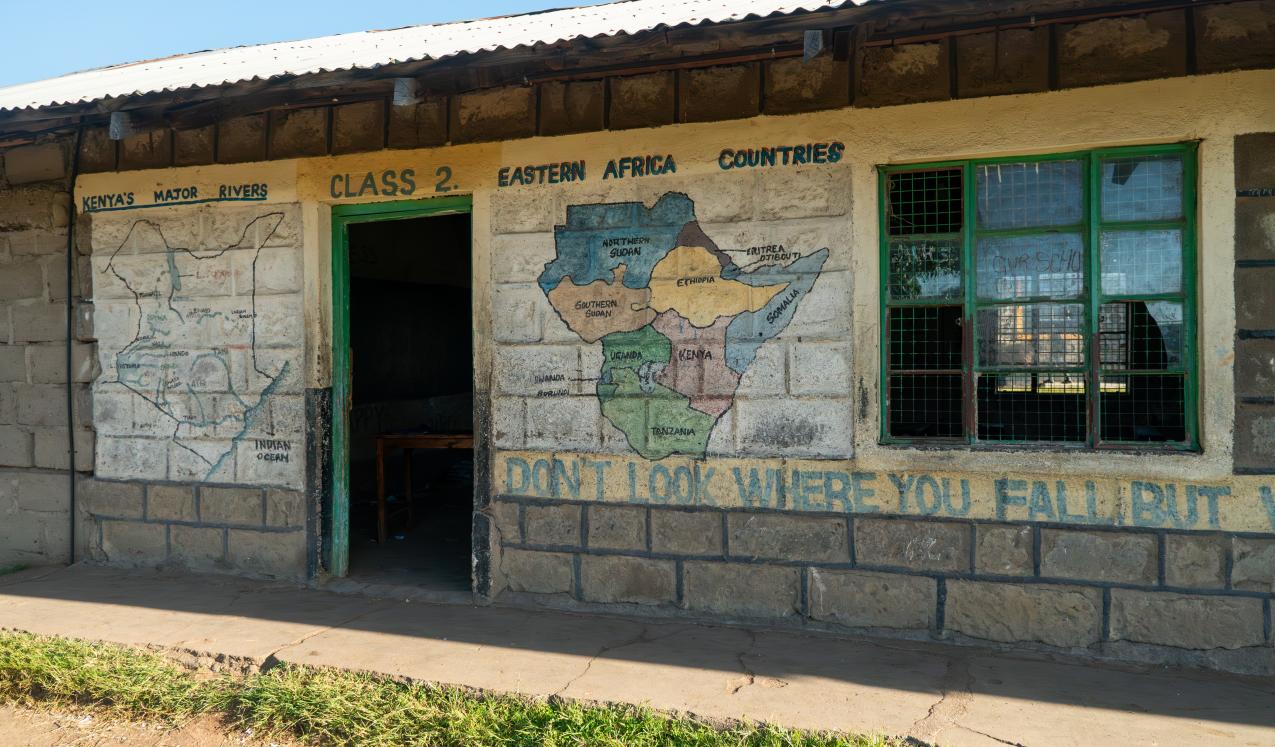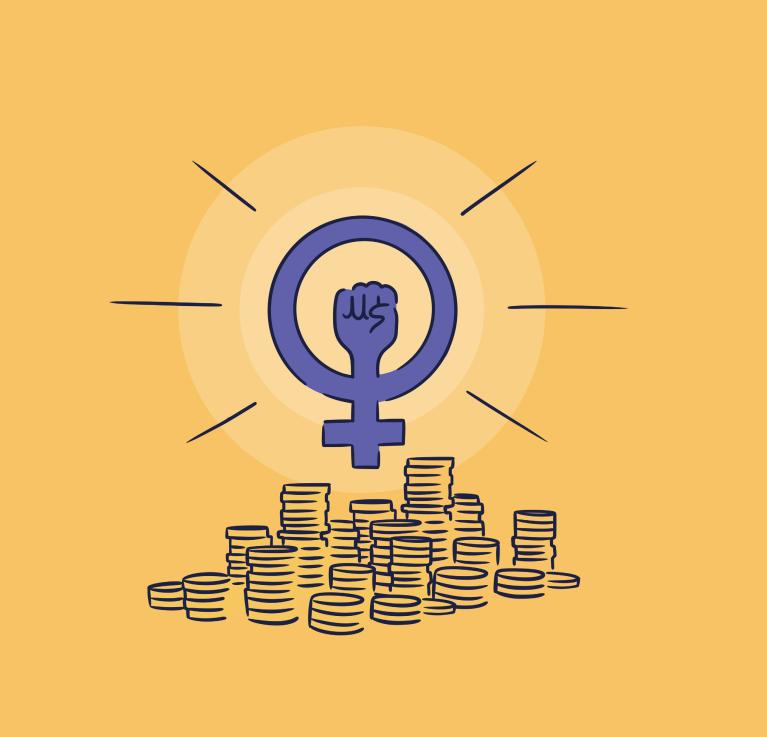
While in Kenya, and globally, gender norms have shifted to become more supportive of girls’ education, many girls still face challenges in accessing and completing primary and secondary education. Some of the leading barriers include costs of tuition and lack of financial support. According to some studies, in Kenya, marriage and adolescent pregnancies are the second-most important factor contributing to adolescent girls’ drop-out, affecting around 13,000 girls a year.
Kenya has had a re-entry policy to support adolescent girls’ return to school following pregnancy since 1994. Despite this provision, and the subsequent update in 2020, young mothers’ exclusion continues. This is due to factors such as lack of awareness of the policy, lack of clarity of its provisions and its inconsistent implementation. However, restrictive social norms are also a factor. They can be mobilized by school leadership and teachers to keep pregnant girls and adolescent mothers from other students due to their presumed negative influence on morals and sexual behaviours. Politicians also sometimes contest the appropriateness of re-entry policies. Recent political efforts to ban re-entry may form one manifestation of broader ‘anti-gender’ mobilisation (e.g. the 2023 Family Protection Bill) or anti-comprehensive sexuality education campaigns (e.g. Stop CSE Kenya).
To better understand how to overcome challenges faced by adolescent mothers accessing education, ALIGN is partnering with a leading Kenyan research organisation, JASLIKA, to conduct a qualitative study on the ways that inequitable social and gender norms are mobilized by various actors, including faith leaders, county officials and significant people in the young women’s lives. As Kenya is a diverse country with substantial variations in gender norms, this research takes a comparative approach and focuses on the counties of Kajiado, Nairobi and Nyeri, where the JASLIKA team, with support from young people and community-based researchers, are conducting interviews and focus group discussions.
The research partnership commenced in July 2025 and is currently ongoing.
About the research partner


Jaslika is a dynamic social impact brand, encompassing the non-profit Jaslika Foundation, Jaslika Consulting, Jaslika Youth and Modus Design Lab. As a recognized thought leader in gender, youth participation, education, values, and rights, Jaslika's approach is deeply rooted in the African value of Ubuntu and in holism, emphasizing the profound interconnectedness and interdependence of individuals and communities.
Driven by a clear mission to foster a world where every person has the unequivocal right to flourish, Jaslika excels in creating environments that nurture holistic development and safeguard fundamental rights to quality education, health, protection and freedom of expression. The organization distinguishes itself through its strategic application of innovative methodologies, including positive deviance and creative participatory data collection. This commitment extends to participatory engagement, prioritizing the authentic voices and experiences of those it serves to ensure interventions are both relevant and profoundly impactful.
Jaslika's strong research capabilities underpin its work, with rigorous action research continually informing policy and practice. This, combined with an established proven track record of demonstrating significant impact in promoting gender equality, youth empowerment and rights-based development, makes Jaslika an effective force for change. Through its unwavering commitment to inclusion, Jaslika actively strives to dismantle systemic barriers, empowering individuals from all backgrounds to unleash their full potential and contribute to more equitable and just societies.

